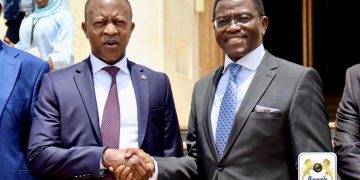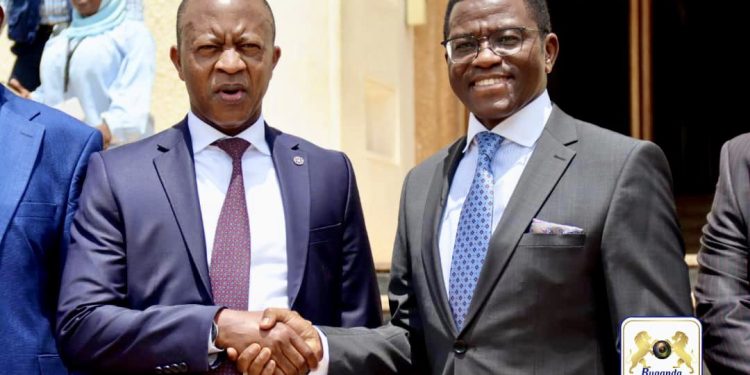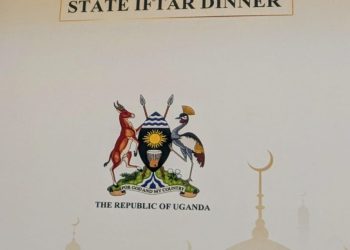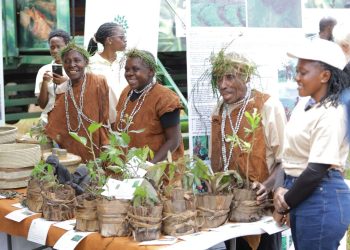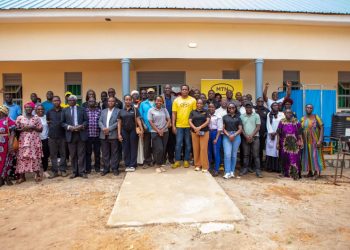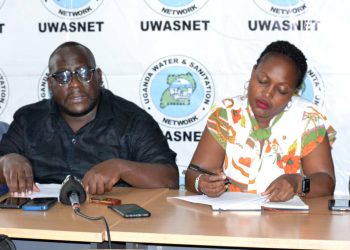In the wake of recent events involving his friend and former Presidential Secretary, Tamale Mirundi, the Vice President of the Patriotic League Uganda Buganga, Frank Gashumba, , recognized the need to reconcile with those he had previously considered adversaries.
One notable figure in this context is Peter Charles Mayiga, the Premier of the Buganda Kingdom, with whom Gashumba had a history of conflict.
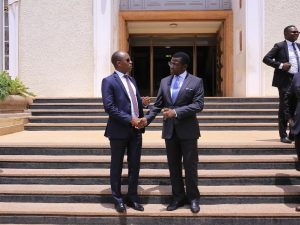
In a surprising turn of events, the outspoken social media political analyst humbled himself and sought forgiveness from Mayiga, a move that caught many off guard.
Gashumba, known for his sharp critiques of Mayiga over the years, took a significant step by publicly apologizing for his past derogatory remarks.
The nation was taken aback when news and images surfaced on social media showing Gashumba in Mengo, before the Katikiro, extending his apologies for his previous offensive behavior. Mayiga, in his dimplomatic and gracious a manner, accepted Gashumba’s apology, praising his bravery in acknowledging his faults.
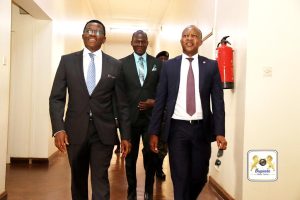
He highlighted the necessity of using social media responsibly to foster positivity and unity, urging users to steer clear of insults and instead engage in truthful, constructive conversations that promote understanding.
“Reconciliation and collaboration should always take precedence, regardless of our differences,” Mayiga stated.
The two engaged in a symbolic handshake to demonstrate their reconciliation, reinforcing a revitalized sense of brotherhood.
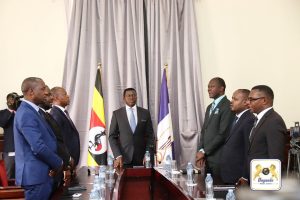
This gesture of reconciliation may not be coincidental. It followed closely after the family of the late Tamale Mirundi reached out to the Katikiro to apologize for their relative’s past actions. Reflecting on his family’s historical connections to Buganda, Gashumba expressed profound remorse for the rift his actions had caused.
He reminisced about how his great-grandparents were embraced by Buganda, finding refuge in a land that welcomed them when others did not.
Additionally, he commended Katikkiro’s “Mwanyi Terimba” coffee initiative, which has significantly improved the livelihoods of many in Buganda.
